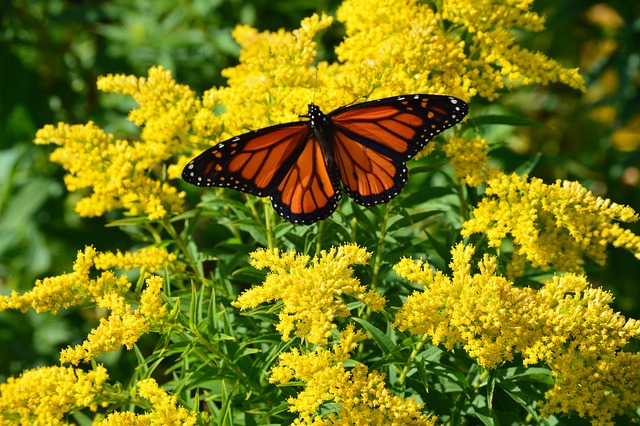The start of spring, for most people, symbolizes the true start of the new year. As flowers start popping up and baby animals appear at your local park, spring and summer are undoubtedly times when people feel happy and refreshed. Unless, of course, you suffer from hay fever.
Hay fever, also known as allergic rhinitis, commonly affects millions worldwide. It is caused by an allergy to pollen and other environmental allergens, resulting in symptoms like a persistent runny nose, itchy eyes, and sneezing.
So, opening flowers and mowing lawns is not ideal for everyone.
While there is no known cure for hay fever, several ways exist to manage its symptoms. This article will explore five ways to manage hay fever, so enjoy.
Take Antihistamines
Antihistamines are medications that block the effects of histamine, a chemical released during an allergic reaction. They can help to reduce symptoms such as itching, sneezing, and runny nose. Antihistamines are available over the counter and in prescription strength, like fexofenadine, one of the more popular options you can find on Chemist Click Online Pharmacy. However, they can cause drowsiness and other side effects, so it is essential to talk to your doctor before taking them.
Avoid Triggers
The first step in managing hay fever is avoiding allergens that trigger itchiness and runny eyes. You can do this by checking the pollen count in your area and avoiding outdoor activities when the count is high, which may mean you must stay indoors on the very highest pollen count days. You can also keep your windows and doors closed, preventing pollen from entering your home. Additionally, you can shower and change your clothes after spending time outside to remove any pollen that may have attached to you. It can also be worth investing in an air purifier to help remove pollen particles from your home.
Use Nasal Irrigation
Nasal irrigation involves flushing out your nasal passages with a saline solution. This can help to remove irritants and allergens from your nose, reducing your symptoms. You can use a neti pot or a nasal spray to perform nasal irrigation. However, using sterile water and following the instructions carefully is important to avoid complications.
Use Decongestants
Decongestants are medications that help reduce swelling in the nasal passages and sinuses, making breathing easier. They can be taken as pills, nasal sprays, or drops. Decongestants should be used cautiously as they can cause rebound congestion and other side effects.
Get Immunotherapy
Immunotherapy, also known as allergy shots, is a long-term treatment option for persistent and debilitating hay fever. It involves getting injections of allergens over several years to build up immunity to them. This can help reduce your symptoms’ severity and prevent future allergic reactions. However, immunotherapy is not suitable for everyone and requires careful monitoring by a doctor. You may not be suitable for immunotherapy if you are older or have a history of extreme allergic reactions.
Featured Image by HollyWell from Pixabay
